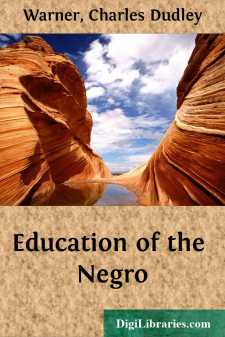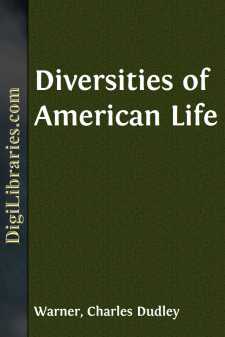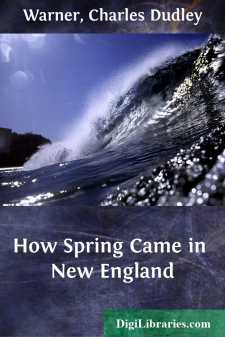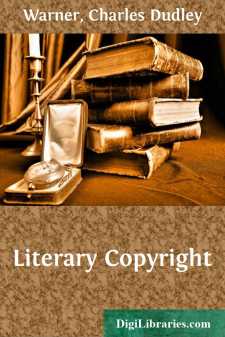Categories
- Antiques & Collectibles 13
- Architecture 36
- Art 48
- Bibles 22
- Biography & Autobiography 816
- Body, Mind & Spirit 145
- Business & Economics 28
- Children's Books 17
- Children's Fiction 14
- Computers 4
- Cooking 94
- Crafts & Hobbies 4
- Drama 346
- Education 58
- Family & Relationships 59
- Fiction 11834
- Foreign Language Study 3
- Games 19
- Gardening 17
- Health & Fitness 34
- History 1378
- House & Home 1
- Humor 147
- Juvenile Fiction 1873
- Juvenile Nonfiction 202
- Language Arts & Disciplines 89
- Law 16
- Literary Collections 686
- Literary Criticism 179
- Mathematics 13
- Medical 41
- Music 40
- Nature 179
- Non-Classifiable 1768
- Performing Arts 7
- Periodicals 1453
- Philosophy 66
- Photography 2
- Poetry 897
- Political Science 203
- Psychology 45
- Reference 154
- Religion 516
- Science 126
- Self-Help 85
- Social Science 82
- Sports & Recreation 34
- Study Aids 3
- Technology & Engineering 59
- Transportation 23
- Travel 463
- True Crime 29
Our website is made possible by displaying online advertisements to our visitors.
Please consider supporting us by disabling your ad blocker.
Education of the Negro
Categories:
Description:
Excerpt
At the close of the war for the Union about five millions of negroes were added to the citizenship of the United States. By the census of 1890 this number had become over seven and a half millions. I use the word negro because the descriptive term black or colored is not determinative. There are many varieties of negroes among the African tribes, but all of them agree in certain physiological if not psychological characteristics, which separate them from all other races of mankind; whereas there are many races, black or colored, like the Abyssinian, which have no other negro traits.
It is also a matter of observation that the negro traits persist in recognizable manifestations, to the extent of occasional reversions, whatever may be the mixture of a white race. In a certain degree this persistence is true of all races not come from an historic common stock.
In the political reconstruction the negro was given the ballot without any requirements of education or property. This was partly a measure of party balance of power; and partly from a concern that the negro would not be secure in his rights as a citizen without it, and also upon the theory that the ballot is an educating influence.
This sudden transition and shifting of power was resented at the South, resisted at first, and finally it has generally been evaded. This was due to a variety of reasons or prejudices, not all of them creditable to a generous desire for the universal elevation of mankind, but one of them the historian will judge adequate to produce the result. Indeed, it might have been foreseen from the beginning. This reconstruction measure was an attempt to put the superior part of the community under the control of the inferior, these parts separated by all the prejudices of race, and by traditions of mastership on the one side and of servitude on the other. I venture to say that it was an experiment that would have failed in any community in the United States, whether it was presented as a piece of philanthropy or of punishment.
A necessary sequence to the enfranchisement of the negro was his education. However limited our idea of a proper common education may be, it is a fundamental requisite in our form of government that every voter should be able to read and write. A recognition of this truth led to the establishment in the South of public schools for the whites and blacks, in short, of a public school system. We are not to question the sincerity and generousness of this movement, however it may have halted and lost enthusiasm in many localities.
This opportunity of education (found also in private schools) was hailed by the negroes, certainly, with enthusiasm. It cannot be doubted that at the close of the war there was a general desire among the freedmen to be instructed in the rudiments of knowledge at least. Many parents, especially women, made great sacrifices to obtain for their children this advantage which had been denied to themselves. Many youths, both boys and girls, entered into it with a genuine thirst for knowledge which it was pathetic to see.
But it may be questioned, from developments that speedily followed, whether the mass of negroes did not really desire this advantage as a sign of freedom, rather than from a wish for knowledge, and covet it because it had formerly been the privilege of their masters, and marked a broad distinction between the races. It was natural that this should be so, when they had been excluded from this privilege by pains and penalties, when in some States it was one of the gravest offenses to teach a negro to read and write....












